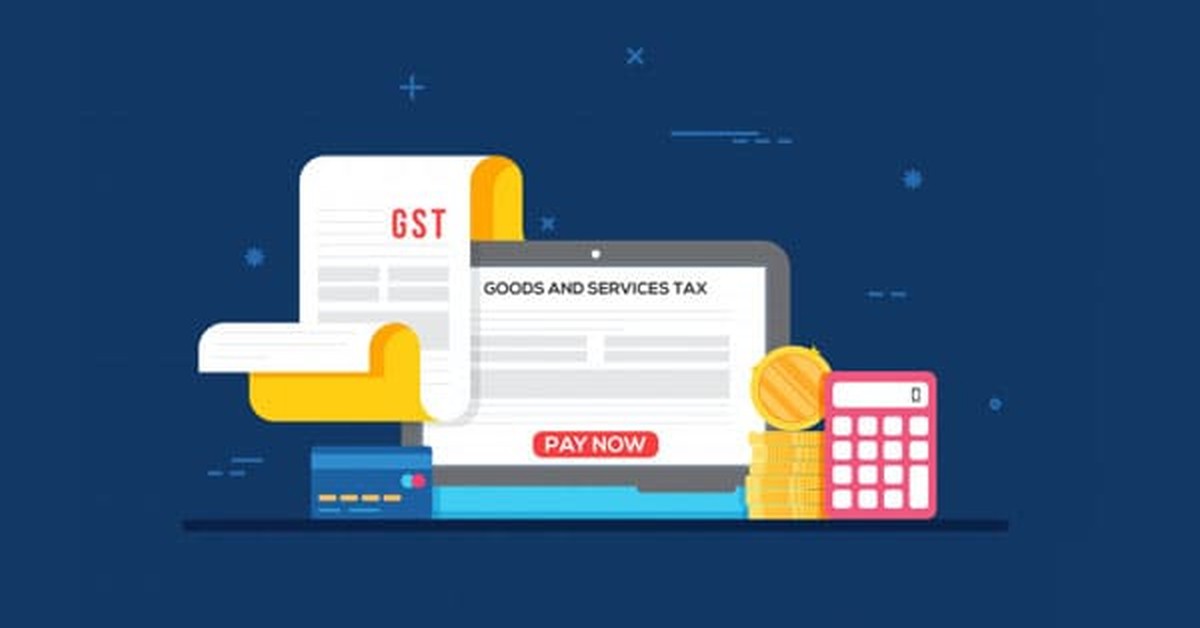Introduction
The central government is undertaking a major overhaul of the Goods and Services Tax (GST) framework, specifically tailored for service industries, including e-commerce and travel, that may not maintain physical offices in the states they operate. The move aims to address challenges arising from the crackdown on fake GST registrations, which inadvertently affected businesses relying solely on virtual offices.
Proposed Changes and Options
Authorities are exploring various options, including amending the GST law with an additional clause or refining its definition, to accommodate the unique operational aspects of service industries. A potential consideration is the introduction of a reverse charge mechanism for sectors operating differently, according to a senior government official.

Background and Challenges
Earlier in the year, the Central Board of Indirect Taxes and Customs (CBIC) intensified efforts to combat fake GST registrations. However, this initiative posed challenges for e-commerce and service industries, many of which operate solely through virtual offices. The ongoing development seeks to provide tailored solutions under the GST framework for simplified tax compliance in these sectors.
Current GST Law
The existing GST law mandates a physical place of business in brick-and-mortar form. However, recognizing the distinct nature of the service industry, especially in e-commerce and travel, the government is contemplating changes to facilitate compliance without compromising business processes.
Consideration of Reverse Charge Mechanism
The official emphasized the potential implementation of a reverse charge mechanism for these sectors, building on the existing practice where small suppliers in e-commerce already operate under reverse charge. The objective is to strike a balance between easing participation in the tax process and ensuring effective enforcement.
Challenges in the Services Sector
Service industries, including travel booking firms, often operate with common work areas rather than traditional physical spaces. With the prevalence of virtual offices and the rise of remote work, the government is exploring solutions under GST to accommodate these evolving business models.
Addressing Distinctions and Establishing Authenticity
In states where virtual offices are prevalent, distinguishing between genuine businesses and potentially fraudulent operators is challenging. The government acknowledges the need for distinguishing features to establish the legitimacy of such companies, especially in the service industry, and is actively considering suggestions.
Conclusion
The central government's efforts to streamline GST for virtual businesses, particularly in the service, e-commerce, and travel sectors, underscore a commitment to adapt tax frameworks to the evolving nature of contemporary business practices. As the proposed changes take shape, the aim is to strike a balance between facilitating tax compliance and maintaining robust enforcement mechanisms.





 CAclubindia
CAclubindia

